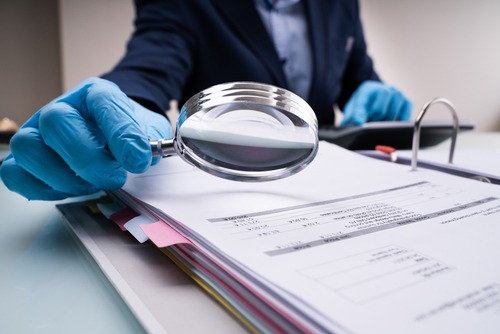
With stolen benefits from COVID-19 relief applications nearing $100 billion, Secret Service investigations of fraud at this scale are ramping up, and as part of those efforts, the agency this week appointed Assistant Special Agent in Charge Roy Dotson as National Pandemic Fraud Recovery Coordinator.
In his new role, Dotson — formerly a member of the Jacksonville field office — will organize multiple Secret Service investigations into misuse of federal funding from the Coronavirus Aid, Relief and Economic Security (CARES) Act. Dotson will work with financial institutes and money services businesses, United States Attorney Offices and other federal agencies to organize large-scale seizures of illegally obtained pandemic relief funds. This work will cover many benefit programs, from unemployment insurance to U.S. Small Business Administration loan and grant programs.
Cryptocurrency will also come under greater scrutiny going forward.
Previously during the COVID-19 pandemic, the agency had been focused on fraud linked to personal protective equipment (PPE), but now, the sheer scale of funding provided by CARES has opened the doors to individuals and organized criminal networks like, according to a statement from the agency.
“The Secret Service currently has more than 900 active criminal investigations into fraud specific to pandemic-related relief funds,” Dotson said. “That’s a combination of pandemic benefits and all the other benefits programs too. Every state has been hit, some harder than others. The Secret Service is hitting the ground running, trying to recover everything we can, including funds stolen from both federal and state programs.”
Dotson will coordinate efforts from the Secret Service’s network of Cyber Fraud Task Forces and partner with federal, state, local, tribal and territorial partners, as well as partners in foreign law enforcement, academia and the private sector, to prevent, mitigate and investigate potential fraud. His teams will include forensics analysts trained in financial, criminal and digital matters.
They will have their work cut out for them. According to Dotson, electronic criminals often use other victims as middlemen, duping them into opening accounts and moving money for them.
“Targeted individuals are often asked to open bank accounts and accept large sum deposits,” Dotson said. “As a result, people are becoming unwitting mules for stolen money.”
So far, though, Secret Service investigations into UI and SBA loan fraud have seized $1.2 billion back from scammers and returned more than $2.3 billion of fraudulently obtained funds through Automated Clearing House reversals. To date, 100 people have been arrested for such scams.




